LUMINOSITY is an industry driven project aimed at leveraging the flexible perovskite solar cells to technology to commercially relevant production scales, using established industrial processes.
LUMINOSITY uses and develops sustainable and earth-abundant light absorber materials based on metal halide perovskites, interlayers and contacts based on stable and economically viable materials.
LUMINOSITY uses and develops sustainable and earth-abundant light absorber materials based on metal halide perovskites, interlayers and contacts based on stable and economically viable materials.
LUMINOSITY forms a cohesive EU-based ecosystem built around research and technology organisations and industrial producers, supporting the EU REPower plan and Green Deal goals.


Netherlands Organisation for Applied Scientific Research is an independent research organisation in the Netherlands that focuses on applied science.
The organisation also conducts contract research, offers specialist consulting services, and grants licences for patents and specialist software. TNO tests and certifies products and services and issues an independent evaluation of quality. Moreover, TNO sets up new companies to market innovations.
TNO was established by law in 1932 to support companies and governments with innovative, practicable knowledge. As a statutory organisation, TNO has an independent position that allows to give objective, scientifically founded judgments.
TNO fulfils the role of innovator on behalf of the Ministry of Defence, the Ministry of Social Affairs and Employment, and the Geological Survey of the Netherlands. In these cases, TNO is entrusted with government responsibilities related to defence and security, workforce participation and the Geological Survey.
TNO’s strategy is based on technological advances and trends in society. The work of TNO is focused on 9 domains which are in line with the challenges and goals of the national economic policy, based on so-called Top Sectors, and with social issues relevant to The Netherlands and Europe.
TNO’s objective in LUMINOSITY:
- Develop & demonstrate ambient R2R processed perovskite solar cells with environmentally friendly materials and processes;
- Close the efficiency gap between lab-scale cells and fab-scale modules;
TNO’s expectation in LUMINOSITY:
- Fruitful work and communication experience among all the partners in consortium;
- Work closely together to demonstrate R2R processed perovskite solar cells;
- Enable further exploitation and promote the companies within the consortium for perovskite solar cell related production & equipment manufacturing.
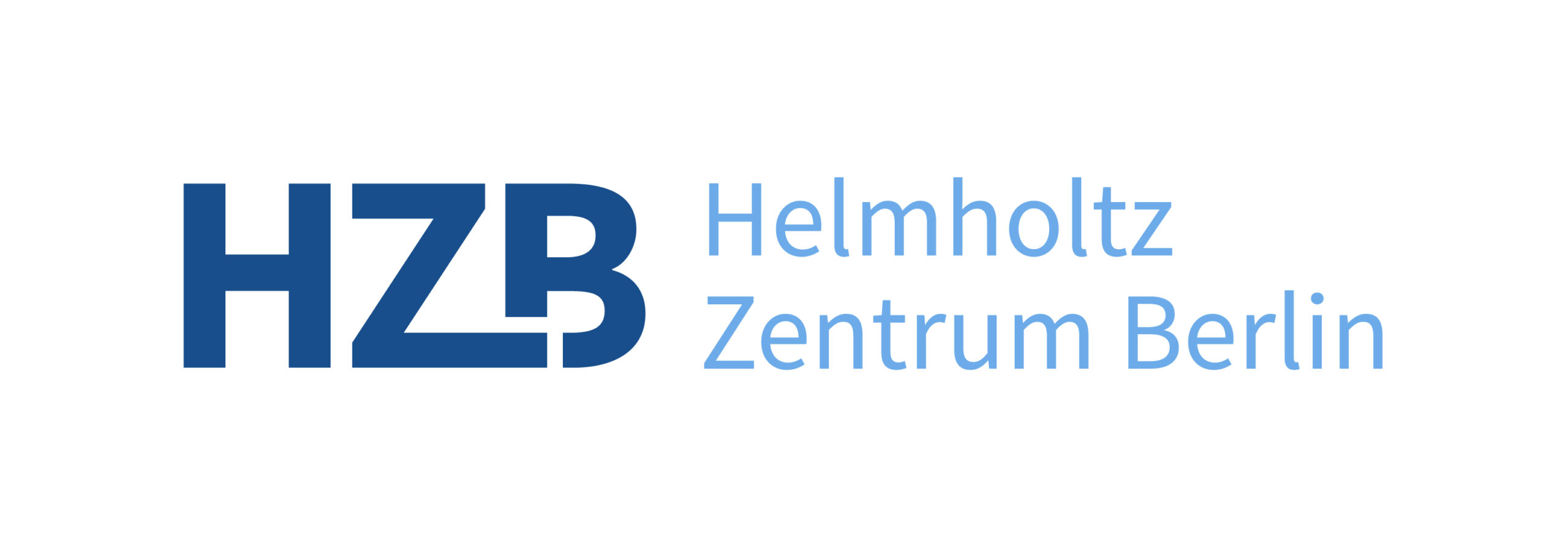

Helmholtz-Zentrum Berlin für Materialien und Energie researches solutions for a climate-neutral society. Researchers are developing and optimising efficient and cost-effective materials for solar cells, batteries, and catalysts. These energy materials are essential components for achieving a CO2 neutral and secure energy supply.
The most important tool is the X-ray source BESSY II, which delivers intensely bright light in the soft X-ray spectral region. Researchers are using this to study the structure and function of energy and quantum materials. We are also researching new concepts for accelerator-based X-ray sources and developing new instruments for ever greater measuring precision.
BESSY II attracts an annual average of 2700 visits from guest researchers from 28 countries. They use the light from BESSY II to study, among other things, proteins, storage materials and cultural assets. As the only soft X-ray source in Germany, BESSY II is indispensable for the domestic and international research community.
Research focus on:
- Photovoltaics
- Thin-film technologies
- Catalysts / green hydrogen / CO2conversion
- Solar fuels
- Battery materials
- Quantum materials
- Accelerator physics & technologies
HZB involvement in LUMINOSITY includes:
- Slot-die Coating activities:
- Ink design & optimization
- Small area layer & device optimization by slot-die-coating
- Transfer to large area S2S slot-die coating with quality/homogeneity control
- Outdoor testing: Outdoor testing of devices and modules


The Fraunhofer Institute for Electron Beam and Plasma Technology FEP works on innovative solutions for vacuum coating and the treatment of surfaces, liquids and gases. Based on our core competencies electron beam technology, magnetron sputtering and plasma-assisted surface processes, Fraunhofer FEP develops resource-saving and efficient process technologies for the strategic fields of energy and sustainability, life science, environmental technologies, smart building and digitalization.
Fraunhofer FEP offers a broad range of research, development and pilot production capabilities for the development and scaling of both corresponding processes and customized hardware systems. Together with our partners, we develop customized and industry-ready solutions and processes for future-oriented coating solutions.
Our aim is to tap into the innovative potential of technologies for new production processes and products of the future and make it available to our customers.
Fraunhofer FEP involvement in LUMINOSITY includes:
- Upscaling of vacuum deposition processes
- Soft-sputtered SnO2 for ETL and buffer layers and In-free TC films
- Etch-stop barrier film
- Flexible transparent barrier films
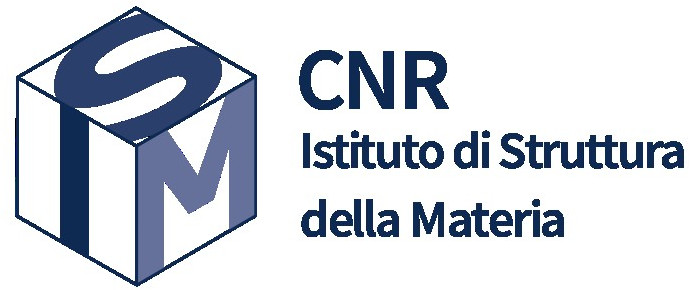

Consiglio Nazionale delle Ricerche is the largest research entity in Italy with more than 8500 employers and 88 Istitutes. We are at the “Istituto di Struttura della Materia”, in Rome.
The mission of CNR-ISM focuses on both fundamental and applied research in the science of materials and technologies of matter. The activity of the Institute concentrates on design, synthesis and analysis of both well-established and new functional nano-, micro-, macro-scale materials to understand their complex properties and to develop frontier scientific concepts enabling sustainable technologies.
CNR-ISM involvement in LUMINOSITY includes:
- CNR’s activity mainly focuses on the development of Interlayers and contacts
- ETL development and soft-sputtered SnO2 for ETL and buffer layers: CNR will investigate the physical deposition methods of SnO2 (low rate sputtering, off-axis sputtering as well as beam sputtering with laser or ion) and will benchmark it with the state of the art solution process using SnO2-colloidal nanoparticle dispersions, and with ALD deposited SnO2.
- Soft sputtering of indium-free TCO will be developed and optimized, reducing the impact on the buffer layer and other layers.
- Aluminum doped and intrinsic zinc oxide (AZO, i-ZnO including layers to protect them against wet processing) and fluorine doped and intrinsic tin-oixde (FTO, i-SnOx) will be considered as the main target material as TCO.
- Other activities
- photoelectron spectroscopy (PES) at the synchrotron light source at ELETTRA
- Laser patterning process for module fabrication
- Indoor stability tests on encapsulated cells and modules
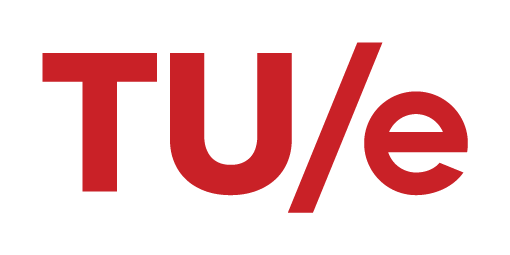

The Eindhoven University of Technology (TU/e) is a research-driven university of international standing, where excellent research and excellent education go hand in hand. The TU/e stands out when it comes to collaborating with advanced industries with a strong focus on the Brainport Region Eindhoven. This region is known for its excellence in high tech and is the heart of a powerful, innovation-driven industry. The engineers the graduate from TU/e are not only excellent engineers, but also strong communicators, who understand that users and society are to be taken into account when designing solutions and developing products. They are ready to face today’s and tomorrow’s highly complex (societal) challenges: the sustainability transition, technology revolution and the increasing impact of technology on our society. These challenges, combined with other drivers of change, force us to take position: we want to “lead the change” by education, research and valorization/impact.
We focus on 3 strategic themes:
- Talent: on all levels, because talent makes or breaks our university.
- Cooperation: our cooperation with the industry national and international, within the Brainport region, with our alliance partners, and at European level.
- Resilience: we need an organization that fits our ambitions. We will continue optimizing and professionalizing our organization to enable the change.
Societal challenges on Health, Energy and Smart Mobility are the driving force for our research. Our research institutes, Eindhoven Artificial Intelligence Systems Institute (EAISI), Eindhoven Institute for Renewable Energy Systems (EIRES), Institute for Complex Molecular Systems (ICMS) and the Eindhoven Hendrik Casimir Institute (EHCI) combine the strengths of our university with industry needs and government strategy.
The TU/e is partner in LUMINOSITY via the interdepartmental Molecular Materials and Nanosystems (M2N) group. The M2N group participates in EIRES and ICMS, and is active in the Departments of Applied Physics & Science Education and Chemical Engineering & Chemistry. M2N brings researchers from these two disciplines together and aims at establishing a coherent research and educational program on the physics and chemistry of functional nanostructured organic and inorganic molecular materials and devices. Perovskite solar cells are among M2N’s prime interest. We created new materials, study operational mechanisms, and design new device architectures for improved efficiency and stability.
TU/e involvement in LUMINOSITY includes:
- Perovskite absorber optimization for flexible solar cells
- Composition optimization
- Bulk and interface passivation
- Charge transport layers
- High-throughput characterization and accelerated device assessment
- Absolute photoluminescence – Quasi-Fermi level splitting (QFLS)
- Time-resolved photoluminescence – QFLS vs. time – defect distributions
- Ultra-sensitive EQE for sub-bandgap defects
- Time-dependent electrical characterization – characterize ionic contributions
- Voltage–dependent photoluminescence – characterize loss processes
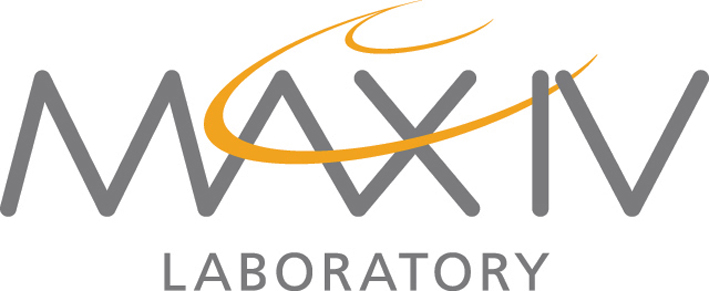

Lund University is the largest institution of research and higher education in Scandinavia. It has eight faculties including engineering, science, law, social sciences, economics, medicine, humanities & theology performing arts and several research centres and specialised schools. It is a research-intensive university with over 3500 active researchers. The University has a significant experience from EU Research and has participated in over 1000 projects over the years. Lund University researchers were involved in 315 FP7 projects, in all areas of research, and coordinated 20 of them.
Lund University involvement in LUMINOSITY includes:
- Understand processing- structure-property relations for knowledge based tuning;
- Implement an efficient closed loop approach in the project consortium, where we try to provide solutions to specific problems;
- Open exchange of ideas and know-how and material within the consortium.
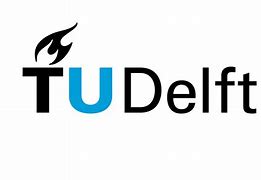

The Delft University of Technology (TUD; Dutch: Technische Universiteit Delft) is the oldest and largest Dutch public technical university, located in Delft, The Netherlands. It specializes in engineering, technology, computing, design, and natural sciences.
With eight faculties and multiple research institutes, TU Delft educates more than 26,000 students (undergraduate and postgraduate), and employs more than 3,000 doctoral candidates and 4,000 teaching, research, support and management staff (including more than 1,300 faculty members of all ranks).
The university was established on 8 January 1842 by King William II as a royal academy, with the primary purpose of training civil servants for work in the Dutch East Indies. The school expanded its research and education curriculum over time, becoming a polytechnic school in 1864 and an institute of technology (making it a full-fledged university) in 1905. It changed its name to Delft University of Technology in 1986.
Delft University of Technology (TU Delft) involvement in LUMINOSITY includes:
- Development on indium free TCO: bilayer of FTO/i-SnO. TCO stacks/bilayers that are shunt-free/pinhole-free;
- Substrate development for flexible PVKs solar cell device architectures with multifunctional properties based on silicon-oxide-flur our bilayer TCOs:
- Barrier layer for water ingression (lifetime extension) and wet-chemical processing (resilience in processing);
- AR-coating properties;
- Textured or planarization interfaces to support either light management or supports defect engineering;
- Demonstration of co-evaporated PVKs on newly developed substrates.
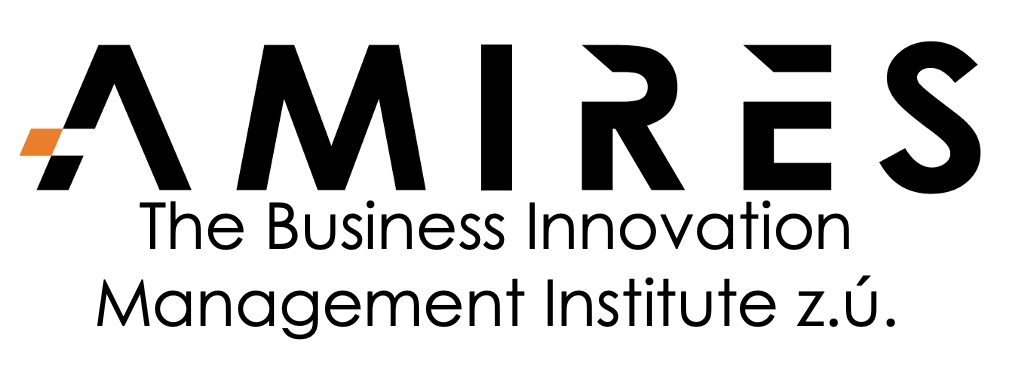

AMIRES, The business innovation management institute (AMIRES) is a consulting company for research, development, and innovation projects. Our main strength is the creation of new international sustainable partnerships within innovation focused value chains. Our developed projects remain the main enablers for our industrial clients and their growth and provide the important opportunities for R&D community.
Our activities focus mainly on the following strategic fields: Energy Efficiency, Additive Manufacturing, Photonics, Flexible Electronics, and Regenerative Medicine and Medical Devices:
We are specialized in creation of consortia of partners with common aim for product or service innovation with significant potential for know-how commercialization. Unique and profound knowledge of the European public funding environment (e.g. EU Framework Programmes for research and technological development) as well as broad network of market key-players contribute to the high quality of entrusted projects. We follow projects from their initiation and planning, through negotiation, execution and management to the final stage, where exploitation of a new technologies, products or services is facilitated.
With continuous improvement of our work by various benchmarking methods, we have the aim to become a reliable partner for our customers (industry, SMEs, research centers and universities) in every innovation step. Our services are predominantly provided in the domains of material sciences (e.g. chemistry, physics, nanotechnology), energy efficient buildings and technologies, life sciences (e.g. biology, health), information and communication technologies (e.g. new components and systems, data networks, computation, modelling etc.) and security (e.g. forensic methods, THz imaging).
We are experienced in identifying new opportunities in the field of technology and in finding the most suitable solutions to your needs and technical challenges. We keep track of new developments and trends and make use of them. Our services are predominantly provided in the domains of material sciences, energy efficient buildings and technologies, life sciences, information and communication technologies and security.
AMIRES involvement in LUMINOSITY includes:
- Project Management
- Dissemination of the project outcomes


InfinityPV, a Danish company, specializes in printed electronics, encompassing a wide array of products from materials to characterization and production hardware. With a core focus on advancing this transformative technology, we are committed to ensuring that printed electronics plays a vital role in shaping our energy future.
Products
- Research Laboratory Coater
- Advanced Sheet Coater
- Laboratory Roll-to-Roll Coater
- Slot-die Heads
- Pumping Systems
- Wet processing units
- Laser patterning units
Characterization Equipment
- Solar Simulators
- Source Measure Units
- LBIC Systems
InfinityPV involvement in LUMINOSITY includes:
- Work on upscaling the perovskite layers
- Upscaled processing of the charge selective transport layers
- Process validation
- LCA and techno-economic analysis
- IPR, Exploitation and commercialisation


VON ARDENNE is a modern, globally successful family business. We stand for cutting-edge technology, sustainable growth and are facing up to the social and ecological challenges of our time. The responsible use of natural resources is one of our most important drives. That is why we are constantly looking for solutions that enable products to be manufactured in an ecologically and economically sustainable manner.
website

The Hasselt University, as a young, civic university, wants to deploy people and knowledge to tackle society’s major challenges – in full collaboration with others. We measure our success in achieving this goal by the University’s and Region’s continuous growth in impact as well as reputation. Therefore, we will:
- impart to our students knowledge, skills and insights into the world around them – in order to make them critical, engaged global citizens and agile, versatile graduates able to adapt to an ever-changing world;
- collaborate with other universities, research centres, governments, businesses and civil society organisations – in order to enhance knowledge on local, regional and global challenges and develop new ideas and solutions;
- break down the silos between research disciplines – so that scientists can work better together on new answers to ever more complex problems;
- employ our national and international education and research networks – in order to send our students and academics into the world and attract others to our region even more.
Hasselt University’s involvement in LUMINOSITY will provide insights into the economic and environmental performance of the R2R manufacturing of flexible large area perovskite modules and how to make it better.
website

LPKF SolarQuipment GmbH is a 100 % affiliate of LPKF Laser & Electronics SE, located in Suhl (Thuringia).
LPKF is a mechanical engineering company with headquarters in Garbsen near Hanover, Germany.
Focused on new technology (10% of revenue invested in R&D), LPKF has four Business units: Development, Electronics, Welding and Solar.
LPKF involvement in LUMINOSITY is to:
- Verify existing scribing parameters / develop appropriate parameters with respect to maximum efficiency/fill factor;
- Evaluate possible machine concepts for fast inline scribing in R2R setup
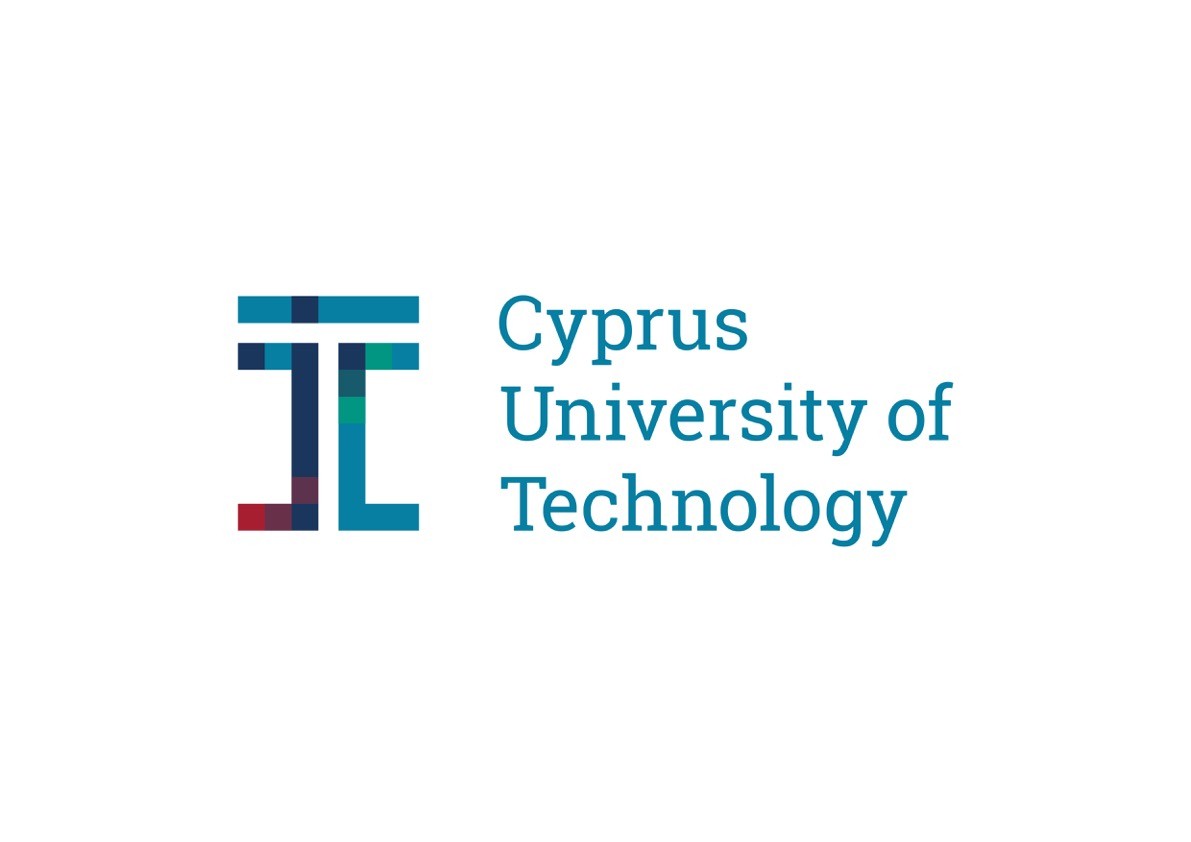

The Cyprus University of Technology (CUT) was established in 2004. CUT has the mission to deliver world-class education and research in applied science and engineering regarding application in industry and its intent to foster interdisciplinary working internally and to collaborate widely externally. A critical component of the CUT is to engage fully in education, training and outreach activities. This is necessary to repay society for its investment and to ensure that academic institutions are understood and appreciated as having relevance to the ‘real world’. It is also highly interested in ensuring a positive and informed dialogue with government and with other funding agencies, including industry and the charitable sector.
Molecular Electronics and Photonics (MEP) Research Unit within CUT
- The MEP research Unit is hosted within the Cyprus University of technology at the city of Limassol.
- The MEP framework of Research work (www.cut.ac.cy/mep) is based on a systematic understanding of the relationship between solution processed electronic materials/ electrodes/ interfaces and small area PV device performance.
- Performing real-time outdoor PV lifetime testing
The Cyprus University of Technology involvement in LUMINOSITY is to:
- Investigate additives with the benign solvent/PVSK formulation to small area devices;
- Apply fullerene doping methods that will allow fullerene interlayers to further act as high-performance diffusion blocking layers providing improved lifetime;
- Provide real-world PV module performance results under Cyprus climate conditions (intense Mediterranean climate
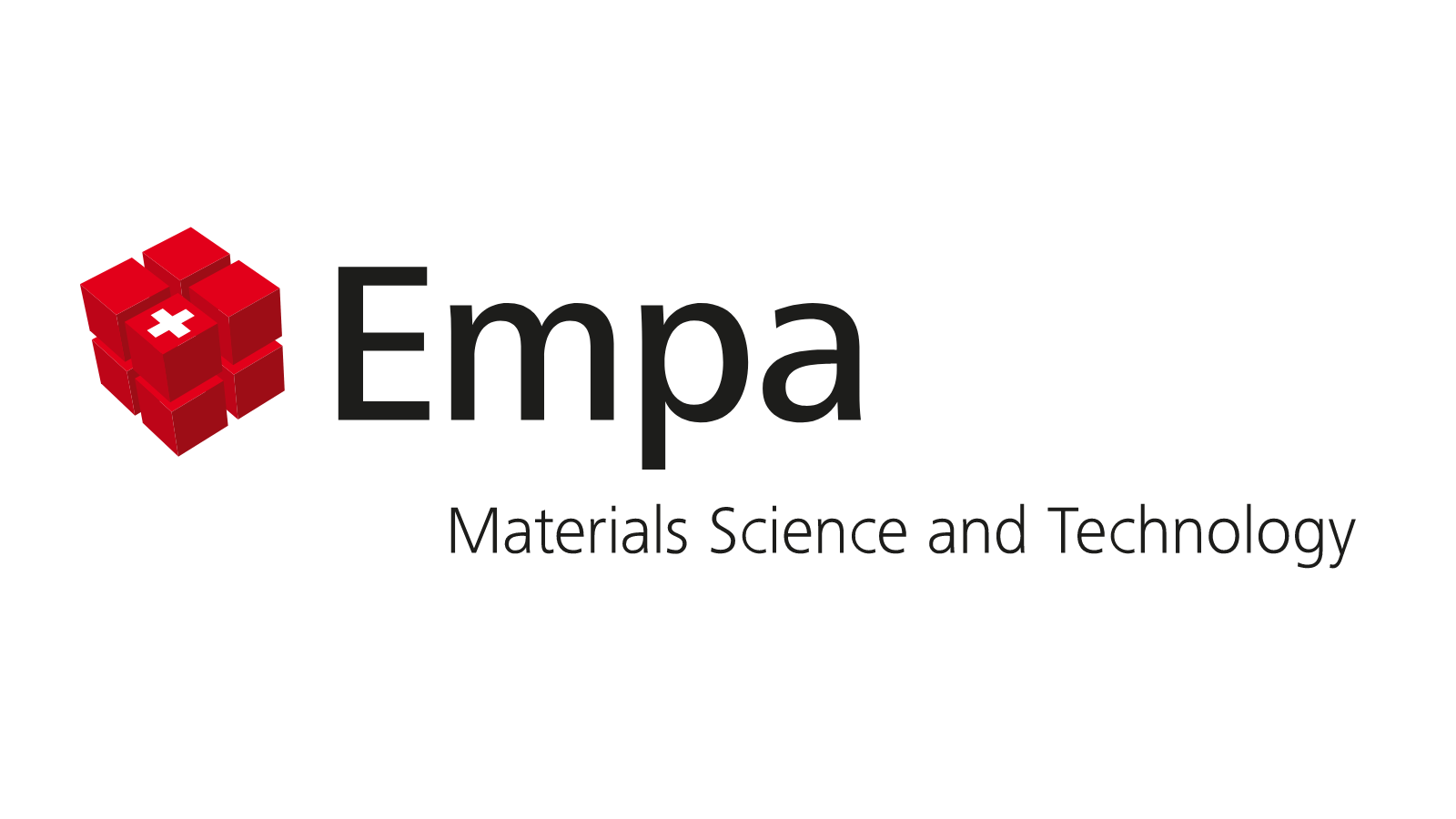

EMPA vision is as simple and straight-forward as it is bold and ambitious. It is a beacon of sorts that shows us where we ought to be heading and what we should strive for. It serves as a gold standard for many if not all our activities.
To cope with the manifold challenges that loom ahead, it will be crucial to deliver sustainable and resilient solutions with the help of science and technology. At Empa, we are taking on the task of developing and sketching out paths into a liveable future for the coming generations.
One thought is key for us: Wherever possible, we would like to help close materials cycles with the help of innovative technologies, i.e. we want to move away from today’s throwaway society and pave the way to a circular economy. Because our natural resources are finite – and far too valuable not to be recycled or reused.
To assume this role responsibly Empa has elaborated, based on the institute’s vision, a comprehensive mission statement spelling out its goals, core values and corporate culture, which guides all of us in our endeavour to excel and to contribute to making the world a more sustainable place.
At the very heart of all of this are the 1’000-odd scientists, engineers, technicians and general staff, the asset that makes Empa a world-renowned research institute for materials science and technology.
Together with our partners from research, industry, or the public sector we are pushing the limits in science and technology for a prosperous tomorrow.
As an interdisciplinary research institute of the ETH Domain, Empa, the Swiss Federal Laboratories for Materials Science and Technology, conducts cutting-edge materials and technology research. Our research and development activities focus on meeting the requirements of industry and the needs of society, and thus link applications-oriented research to the practical implementation of new ideas in the areas of nanostructured, “smart” materials and surfaces, energy, sustainable building, and environmental technologies as well as medical technology and solutions for personalized medicine.
We are thus capable of providing our partners with customized solutions that not only enhance their innovative edge and competitiveness for global markets, but also help to improve the quality of life for the public at large. Through an efficient technology transfer Empa is turning research results into marketable innovations – true to our mission statement: Empa – The Place where Innovation Starts
EMPA involvement in LUMINOSITY is to:
- Upscalable processing of high-quality perovskite absorbers and CTLs with environmentally benign solvent systems;
- High-throughput characterization to evaluate structural, compositional, and optoelectronic properties homogeneity of the developed layers;
- Accelerated stability assessment to unravel microscopic and macroscopic degradation mechanisms;
- Develop laser-patterned flexible perovskite module with high GFF.